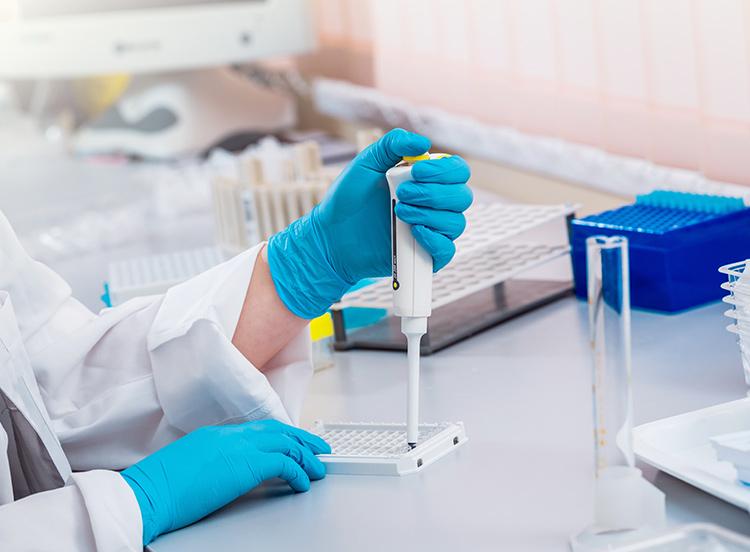
H. pylori Detection and Antibiotic Resistance
Helicobacter pylori (H. pylori) infection is one of the most common chronic bacterial infections in humans, affecting approximately 4.4 billion individuals worldwide. H. pylori is well-documented as a major factor in the pathogenesis of peptic ulcer disease, chronic gastritis, and gastric malignancies including cancer and mucosa-associated lymphoid tissue-lymphoma. Significantly, the researchers found that H. pylori-infected individuals had a nearly eightfold increased risk for non-cardia gastric cancer. Based on the compelling results of cohort studies, the International Agency for Research on Cancer from World Health Organization (WHO) declared in 1994 that there was sufficient evidence to classify H. pylori as a definite (group 1) carcinogen. In 2017, the WHO published a list of antibiotic-resistant bacteria that pose the greatest threat to human health. Helicobacter pylori was one of those bacteria categorized as a high priority for antibiotic research and development. Diagnosing H. pylori infection quickly and profiling for antibiotic resistance information becomes critical for its eradication, which will have a significant impact on a patient’s life.
The AML research and development team has made critical progress in H. pylori diagnosis. Multiple key inventions in the processing of fecal and tissue samples for molecular assays of H. pylori detection (PyloriDx™) and antibiotic resistance analysis (PyloriAR™) have been developed. These assays have been released to the market as Proprietary Laboratory Analytes and Test for H. pylori diagnosis in USA. Pursuing approval and commercialization for those assays is our next step of work.